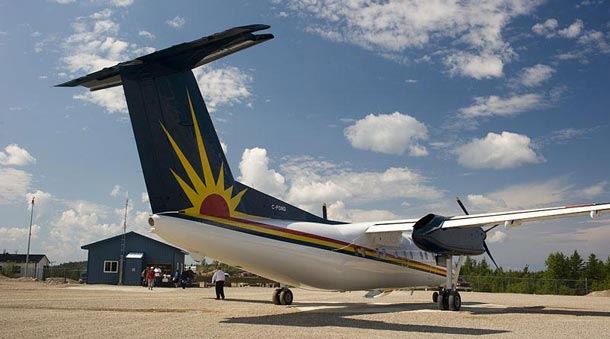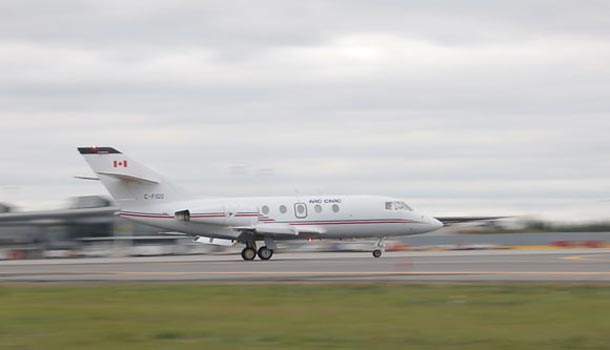
PARIS – Leaded aviation gasoline could be partly replaced by alternative fuels. Researchers at the National Research Council of Canada (NRC) have announced a new project to assist in the development and testing of an alternative for low lead (100LL) aviation gasoline.
“The National Research Council of Canada has the expertise and facilities to support the development, certification, and deployment of a suitable alternative fuel,” said John R. McDougall, President of the National Research Council of Canada. “The project will benefit the industry and Canadian communities relying on general aviation.”
The project, which is in response to concerns from the aviation industry over the replacement of 100LL with a no-lead alternative, will seek ways to reduce airborne pollutants released during transportation.
In communities without scheduled airline service, primarily in rural and northern Canada, general aviation (non-military and non-airline) is the primary method of air transportation for passengers and cargo. The majority of these aircraft utilize high compression piston engines burning leaded fuel, which is harmful to the human body. The new project will be seeking a suitable unleaded fuel alternative.
In Northwestern Ontario, Wasaya Airways, Bearskin Air, and Thunder Air along with private planes, and helicopters for mining are all flying in the region. On Flight Tracking (will open in new window) there is live tracking of flights. There are a lot of aircraft overhead in Northwestern Ontario.
Having less, or better yet no lead in the exhaust fumes would be a very positive result for the region.

The announcement comes as industry gathers at the largest aviation show, the Paris Air Show, to address common issues and share knowledge. The National Research Council is seeking partners and collaborators to join this research and development effort to ensure the long-term viability of the general aviation industry. By collaborating with industry, Canada can help bring forward a healthier solution.
NRC has shown its capability to produce results when the analysis of the world’s first civil flight powered by 100 percent biofuel revealed a 50 percent reduction in aerosol emissions compared to conventional jet fuel. This success is an incentive to continue to pursue our work in finding alternative jet and aviation gasoline fuels for the airlines, military, and general aviation industry.













